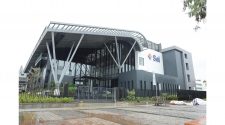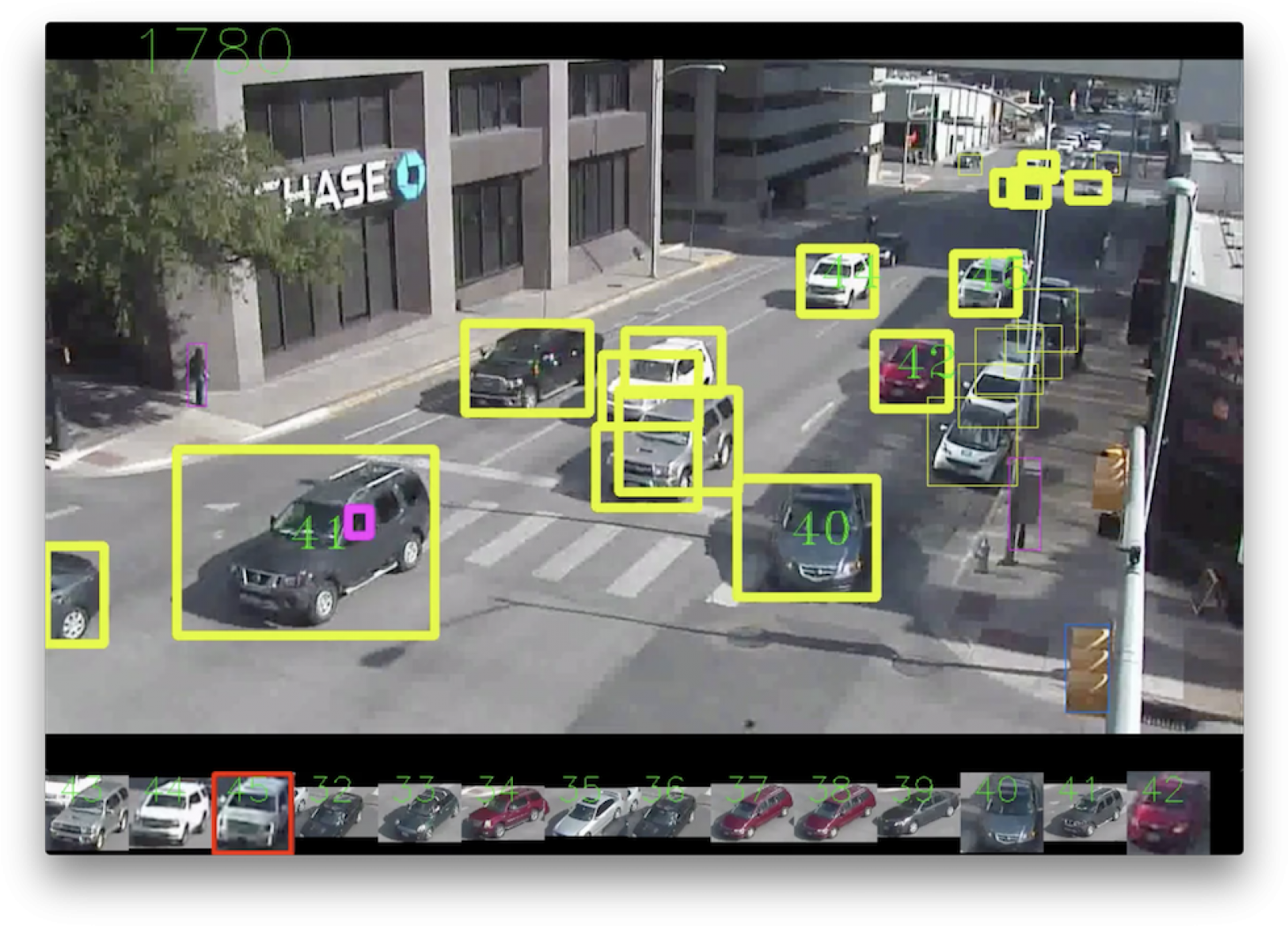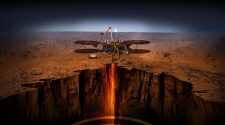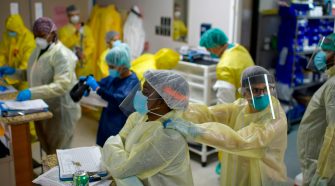The University of Texas at Austin will become a research hub for the next generation of machine learning and artificial intelligence technology, after it was awarded $20 million for the project.
The National Science Foundation selected UT to lead the Institute for Foundations of Machine Learning, which will accelerate research in the field. The NSF is investing a combined $100 million in five new AI institutes nationwide, including the $20 million provided to UT.
At the same time, UT announced it is establishing the Machine Learning Laboratory to act as a permanent base for campus-wide research. The lab will house the new AI institute for the next five years and act as a home base for anyone on campus interested in ML and AI.
UT researchers will work with their counterparts from the University of Washington, Wichita State University and Microsoft Research to devise new classes of algorithms aimed at developing new, more sophisticated AI technologies. The effort has the potential to impact everything from transportation to entertainment to healthcare, according to officials.
The institute will be co-directed by Adam Klivans, a computer science professor, and Alex Dimakis, an associate professor of electrical and computer engineering. In addition to advancing AI research, the institute will work with Facebook, Netflix, YouTube, Dell Technologies and the city of Austin to put the efforts into practice, they said.
Foundations of machine learning is more of a mathematical sub-field of machine learning, with a focus on digging deep into the basic algorithms that make AI work.
“We’re going to be advancing and coming up with new foundational tools and ideas and algorithms,” Klivanas said. “At the same time, we’re going to be trying to test them out, implement them and use them to advance state-of-the-art application areas, like video and imaging and navigation.”
Currently, most AI applications rely on algorithms that were developed years ago and that are being outpaced by current technology, he said. The institute will attempt to develop new algorithm classes and advanced AI and machine learning technology that are more able to learn on the spot during real-time encounters with people and objects.
“We really do not understand many fundamental things about AI and ML. It works great, but also can behave in very unpredictable ways,” Dimakis said.
For example, an AI trained to spot, categorize and label items might misidentify or not find an image if it’s been altered ever so slightly. Currently, he said, AI is primarily trained by showing the machine examples and hoping for the best. The institute will “open the black box” on this to understand why exactly it works and how to improve the technology.
“Our labs in UT, but also other researchers, have shown that it’s possible to do tiny, tiny little manipulations of an image, (and) then an image of a rifle will be categorized as something completely absurd, like a cat,” Dimakis said. “These things are examples of why we need to fundamentally benchmark and understand how these algorithms are actually working, and how we can make them more robust.”
The institute’s work with also be in conjunction with other organizations to focus on real world applications. For example, the institute will collaborate with the city of Austin to try to develop technology to mitigate traffic congestion. With Facebook, it will be working to make the platform more accessible to people with visual impairments, and with Dell Medical school, researchers will test algorithms to streamline and speed up medical imaging diagnostics, potentially leading to faster assessment and treatment.
In addition to research, however, the institute will work to create an online master’s degree in AI, as well as undergraduate research programming and online AI courses for high school students and working professionals.
“I think it’s a landmark event for UT and for Austin, and that why UT is also starting this machine learning lab to house the institute,” Klivans said. “We’re going to be building around it and doing as much as we can about it to generate excitement and to do great research.”
Klivans also will lead The Machine Learning Lab, which will be based in the department of computer science and will be a collaboration between students, researchers and faculty from various parts of the university.
UT Austin interim President Jay Hartzell said in a statement that the institute is another important step in the university’s climb as a leader in machine learning and tech innovation.
“Many of the world’s greatest problems and challenges can be solved with the assistance of artificial intelligence, and it’s only fitting, given UT’s history of accomplishment in this area along with the booming tech sector in Austin, that this new NSF institute be housed right here on the Forty Acres,” he said in the statement.

















